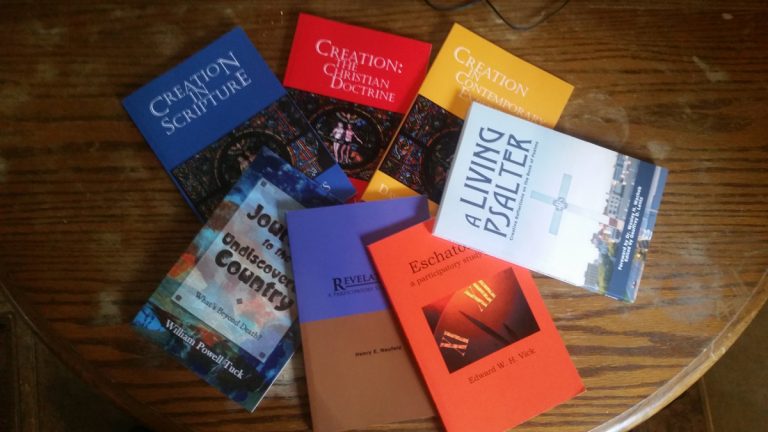Young Earth and the Bible
Note: I’m going to be running two series here in parallel over the next few weeks, one on the methods of Biblical criticism and how a layperson can apply them, and the other on views of God as the creator.
I’m pretty well known to be a theistic evolutionist, but at the same time, I have said argued that this is just one way of viewing the Biblical and the scientific evidence on origins. Others include old earth creationism, the ruin and restoration theory, and of course young earth (or young age) creationism. I believe that intelligent people hold all of these different positions. That doesn’t mean that I think they are all equally well supported by the evidence, either Biblical or scientific. Thus I will respond with vigor to the arguments of positions with which I disagree, but that doesn’t mean I think the people who advance them are stupid.
Before I get into today’s topic let me look at a little bit of terminology regarding young earth creationist. A person who accepts all three elements listed below will almost always also accept a young earth and stick with that position. Since I’m summarizing, let me also recommend reading the presentation of these elements by Dr. Kurt Wise in Faith, Form, and Time, Section 1, pages 3-39. I strongly recommend Dr. Wise’s book as the one book to read on young earth creationism–if you’re only going to read one, make it this one. [edited 1/8/2008 for clarity.]
The elements are these:
- The Bible is to be taken literally where possible (this is a very common conservative position, though not all conservative Biblical scholars adopt it. Gleason Archer, to whom I will refer in my discussion of old earth creationism, is a strong advocate of inerrancy and takes a quite different approach here. A good example of a scholar who holds this position is Tim LaHaye, who in his book How to Study the Bible for Yourself, chapter 11, page 159, makes it his first rule of hermeneutics.)
- The Bible is the decisive source of knowledge whenever it comments on a topic, including science
- The obvious literary form of the Genesis prehistory is narrative history
Note that those are my restatements of the issue, and not quoted from any particular source. Accept those three things and you will be (or become as you study the Bible) a young earth creationist. Reject them, and you have many other options, but you are unlikely to accept a 6,000 year old earth created in one literal week. There are those who believe in young earth creationism who will not accept what I have stated here, and will argue that there is good scientific support for their position. But I believe I am being fair, and that the issue does primarily depend on one’s theological position with regard to the Bible. Young earth creationists have criticisms of evolution, but the only thing that ties the position together is the Biblical material. I think they should be open about that.
Now let’s look at the basic evidence, taken literally.
- The Bible says the earth was created in one week.
Taken literally and as narrative history, this one is pretty clear. If one has a bias in favor of the literal reading, then this one will be easy. Other creation stories, such as Psalm 104, will be read as more general descriptions and the “history” label will be granted to Genesis 1 & 2. Between Genesis 1 & 2, priority will be given to reconciliation of the accounts - The Bible provides genealogies in Genesis 5 & 11 that provide complete chronological data. Again, assuming both literal and narrative history, these genealogies provide a very specific answer to questions about the age of the earth. Those YEC advocates who allow up to 10,000 years rather than sticking with 6,000 years depart slightly from the basic interpretive approach by allowing gaps in genealogies that have each person’s age at their first son’s birth specified, and the number of years they lived after that.
- The Bible again provides a narrative of the flood. I find it odd that some young earth creationists try to develop their model with the flood and related geology separated. If there was a worldwide flood, if the Genesis narrative describes it essentially as history, then it should become an integral part of the theory
- No matter what sort of mass of evidence that archeologists, anthropologists, geologists, and others gather showing that there are major problems with this chronology, this clear reading of the Biblical record must be decisive.
I would suggest that in discussing this issue, those who disagree should start with where they stand on the three issues I listed, and discuss those first. As a theistic evolutionist, I reject all three of the premises, and I will discuss that in a later entry on theistic evolution. But young earth creationists should be criticized for inconsistency only when they depart from these principles, or when they claim scientific support that they don’t possess (a considerable area for discussion!).

